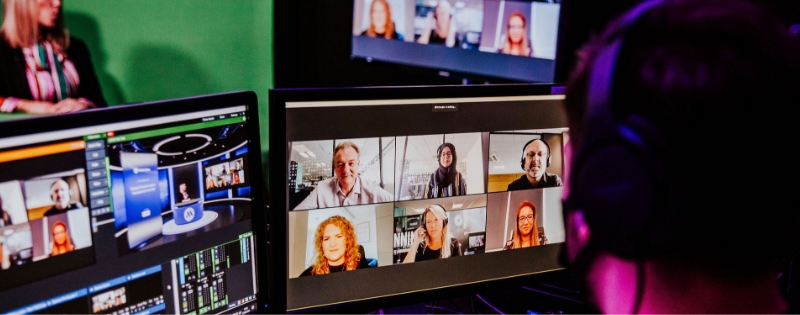Multiple forces have pushed sustainability to the top of the corporate agenda. Investors and financial markets are increasingly demanding a compelling environmental, social and governance (ESG) plan, along with a path to net zero carbon emissions. But as expectations rise and global regulations expand, many organizations still do not have a solution to the current value chain issues
Challenges Abound
Challenges in the value chain include energy efficiency, technology, emissions reporting, auditing, emissions modelling (configuration and calculations), operations, and process optimization. Having a solution at every point of the value chain is critical, as discussed on a recent GDS Group Roundtable session hosted in partnership with digital consulting firm Publicis Sapient.
Delegates from a range of industries, including a multinational retail corporation, a large pharmaceutical industry company, a manufacturing organization, and a global aerospace institution explored these challenges together. Leading the panel was a sustainability executive from Publicis Sapient, who shared expertise on how businesses and companies are finding solutions in the sustainability arena, specifically around machine learning (ML) and artificial intelligence (AI), which can provide real-time enterprise-wide emission, energy intensity, and forecasting data.
One piece of advice that resonated with delegates: think about “sustainability as a platform,” much like other platforms organizations have built over the course of the last few years. That platform will then be able to create a common data model and processes to be able to ingest the data.
Verification Is Key
When evaluating operations and supply chains for end-to-end transparency, traceability, and optimization, companies can and should verify their footprint. The Publicis Sapient executive advised that information from suppliers be verified via interfaces such as satellite imagery, which provide information on assets and can be compared with standards that are already available. This will help reasonably approximate your Scope 3 emissions. The idea is to continuously look at the aforementioned platform, enhance that platform and get better insights.
Climate change is one of the most pressing issues of our time and is driving a lot of policy and behaviour changes. There is growing consensus that you can’t think of the biosphere as a free-for-all sewage system. Corporations need to make sure that there will be some sort of policies and procedures to manage that.














